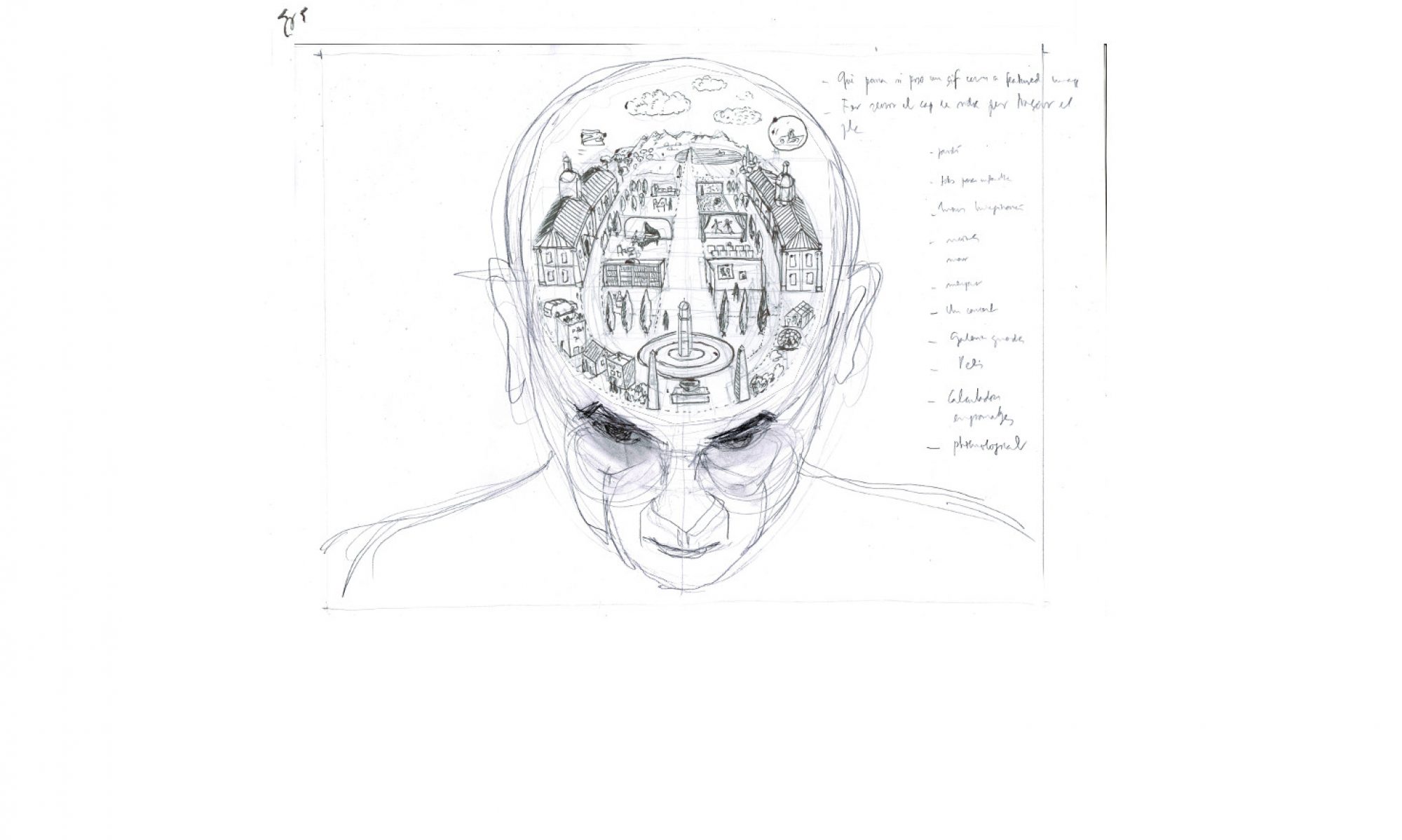I got out of bed
on two strong legs.
It might have been
otherwise. I ate
cereal, sweet
milk, ripe, flawless
peach. It might
have been otherwise.
But one day, I know,
it may be otherwise.
(Va fer canviar el “may” per “will” a l’últim vers)
Pharaoh
“The future ain’t what it used to be,”
said the sage of the New York Yankees
as he pounded his mitt, releasing
the red dust of the infield
into the harshly illuminated evening air.
Big hands. Men with big hands
make things happen. The surgeon,
when I asked how big your tumor was,
held forth his substantial fist
with its globed class ring.
Home again, we live as charily as strangers.
Things are off. Touch rankles, food
is not good. Even the kindness of friends
turns burdensome; their flowers sadden
us, so many and so fair.
I woke in the night to see your
diminished bulk lying beside me—
you on your back, like a sarcophagus
as your feet held up the covers. . . .
The things you might need in the next
life surrounded you—your comb and glasses,
water, a book and a pen.
L’escriptor Donald Hall parla de la poesia que s’escriu davant la mort, i esmenta els canvis recents que han dut a desenvolupar una medecina paliativa (que es dirigeix al benestar de la persona) en lloc del procés material de la malaltia, un objecte. Ell havia estat malalt i la seva parella, que havia estat estudiant seva, Jane Kenyon, escrivia aquests poemes preciosos. Al final serà ella qui morirà abans, de leucèmia, i Hall escriure dos volums de poesia sobre la seva absència. Em fa pensar en Ferdinand Hodler que quan la seva amant Valentine Godé-Darel va enmalaltir, es passava moltes hores al costat vetllant-la i pintant-la, i va deixar un testimoni impressionant i terrible de com anava minvant.
